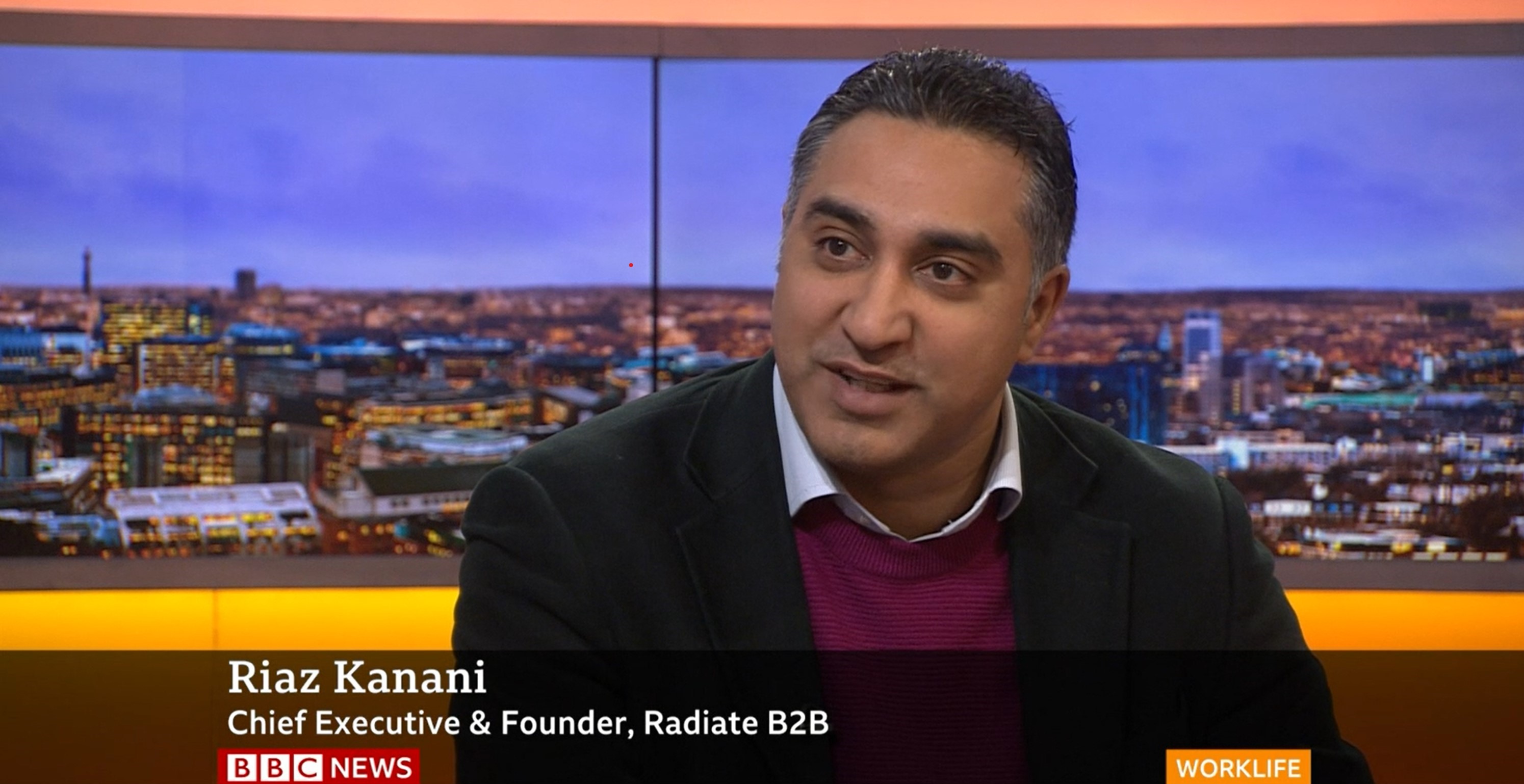Walled gardens or the open countryside? The net neutrality debate.
Whilst the larger players (Facebook, Google et al) are pro net-neutrality, it is hard to see ISPs being able to charge them for access to their user base.
Subscribe to my newsletter to see content first:

Net neutrality is back on the agenda. This is the idea that all Internet users should have equal access to all Internet services. Or to put it another way, users should not be prevented (or slowed down) from accessing a website because this particular website did not pay the ISP enough money.
Co-founder of Radiate B2B, Mike Weston went onto the BBC to talk on the topic and the action being taken by companies to highlight the issue - see the video here.
People care passionately about the topic - some 6.8m comments were filed with the Federal Communications Commission (FCC).
Rather comically, Comcast, a US ISP has promised not to charge fees or throttle access for users. That is like a fox promising not to eat a hen if they unlock the coop.
ISPs argue this will drive innovation (as they can charge websites for access), whilst large websites say the Internet should be open for all (which in turn will also drive innovation).
It is not as black and white as all the rhetoric makes out. Whilst the larger players (Facebook, Google et al) are pro net-neutrality, it is hard to see ISPs being able to charge them for access to their user base. Would you use an ISP that didn’t let you access Facebook or Google? The companies that will get penalised are the successful companies who are not yet mainstream.
When it comes to innovation, the argument that losing net neutrality rules will drive greater innovation is like saying if you build it they will come. Let me explain.
ISPs suggest that by dropping net neutrality rules, they will be able to invest more in their networks leading to better and faster access. This will therefore drive innovation as companies take advantage of the new capability. The only problem with this is that companies do not invest extra unless there is a competitive advantage to doing so. The new company requiring more speed needs to already exist.
The money for this extra investment of course has to come from the websites or the users. More likely the former. So as I’ve already said, the next group of successful startups, who are not in as strong a position as the big players, are the very companies who are likely to suffer the most.
With net neutrality rules, the ISPs are unable to charge websites and must instead compete on the speed and stability of their pipes, and drive revenue from the user.
Theoretically this means of course that over time without net neutrality, costs of Internet access could reduce but at the expense of innovation across the Internet. Many more companies are free to innovate with net neutrality and not have to pass on any extra costs charged by the ISPs.
If you assume, as has been the case for over 20 years now, that new Internet services will push the available technology to the limit. In a competitive ISP market, ISPs will continue to increase internet speeds.
One day, virtual reality streaming will hit the market - that requires much better internet access than is available today. ISPs unsurprisingly will look to win customers (and charge a premium) to access this service.
Overall, this is really about where the power sits in the market - is it with the ISPs or the websites. Do we think ISPs will really build capacity first or do we let websites drive innovation and push ISPs to keep up.
For me net neutrality leads to a more interesting and innovative world. It also means more jobs. That isn’t a bad thing surely?
About Riaz

I've spent over 20 years building and scaling B2B products, services and marketing technology - from early-stage startups through to exits, and now as CEO of Radiate B2B - the B2B ad platform.
Along the way I've led teams, launched products, built and sold companies, and spoken around the world about data, AI and the future of marketing and work.
Today I split my time between working directly with companies as a consultant and fractional operator, mentoring founders and leaders, and speaking to audiences who need someone to translate what's happening in technology into decisions they can act on.
Read the full storyRecommended posts

Talking big tech | AirBnB growth | Dealing with fake news
Back on BBC News this morning and there were three meaty topics up for discussion: Combating fake news, the fallout from AirBnB's success and dealing with.
Read more
Data warfare: The Cambridge Analytica files
This week looks at the explosive results from a whistle blower exposing the psychological warfare tools used by Cambridge Analytica.
Read more
A database of horrors and escaping advertising
This week looks at privacy, identity and a database of popular culture most would like to ignore.
Read more